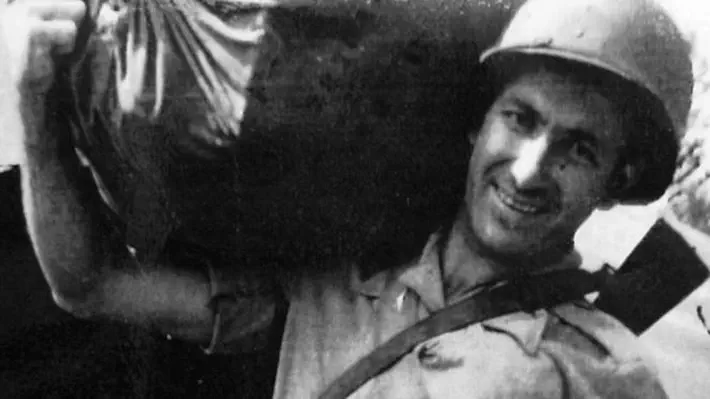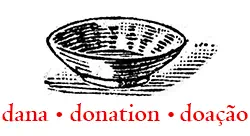A Review of Hema Hema
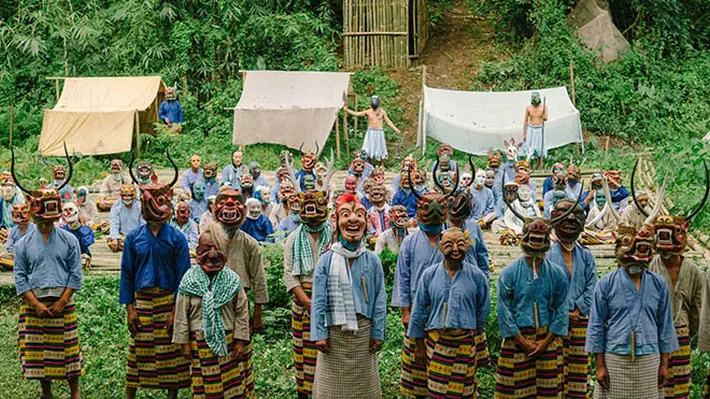
Art-house bhutanese twilight zone
Khyentse Norbu is a film-maker belonging to the lineage of the finest Asian masters, Hiroshi Teshigahara and Satyajit Ray. This is a feast for careful placement of movement in frame, all the while retaining plot. It is an art-house, "bardo" (gap) movie, but narrative and plot twists are present for those who are able to withstand a somewhat still contemplative movie, and it works narratively — even though it tells quite a weird story, which is something Norbu is aiming for.
Of course, the director is a major guru in the Tibetan Buddhist tradition (Khyentse Norbu, when we take his mask, is known as The Infallible Source of Refuge Dzongsar Jamyang Khyentse Rinpoche). So, this movie is taken by his followers as direct teaching, a powerful transformative message to be integrated as reflection in one's own practice.
While people with slight knowledge of Buddhism will recognize themes, and even capture some nomenclature (hidden in the very well thought of subtitle translation), those with no interest or knowledge in the religion, but who like film and weird experiments (and a twilight-zone fringe feeling of sorts) will enjoy it for sure.
For people with an artistic eye, the masks in themselves are quite captivating. I would surely watch even a series of stills of this movies for quite some time and remain entertained.
The director faced some backlash in his native country, and even accusations of blasphemy, due to using seeming religious imagery in scenes around sex and violence. Yet, Khyentse Norbu is a refined artist scholar with a vast knowledge of film, culture and the human mind. The Japanese nubero bago comes to mind — in that someone refined as Hiroshi Teshigahara, a flower arrangement master, made sensual movies and psychologic science fiction, featuring weirdos, outcasts and the more marginalized aspects of Japanese culture. "Under the Blossoming Cherry Trees" also comes to mind, as well as Shohei Imamura. But the art direction in this Hema Hema comes directly from Satyajit Ray (something that is actualy even clearer in Norbu's last effort, "Vara"). Khyentse Norbu knows what he likes, and he is quite able to put the spot on what is good and make the lineage shine.
More about Hema Hema on IMDB and watch it on demand on Vimeo.
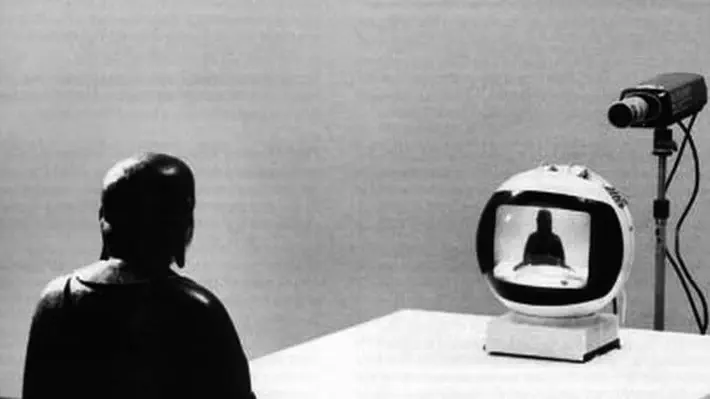 Mugwortborn
MugwortbornEPISODE TWELVE: I am Buddha
I have not a single doubt that I am Buddha. This certainty is not a result of reading texts, such as the Uttaratantra, where it says that my defilements are temporary and not my true nature; I am not one of those people who has the wit to rely on logic and reasoning, I am too suspicious of this self who is doing the relying. No, I believe I am a Buddha because my masters have told me I am a Buddha, again and again. I am one of those lazy beings who enjoys affirmation from others, especially affirmation from my masters. But keep in mind that my masters also said all beings are Buddha.
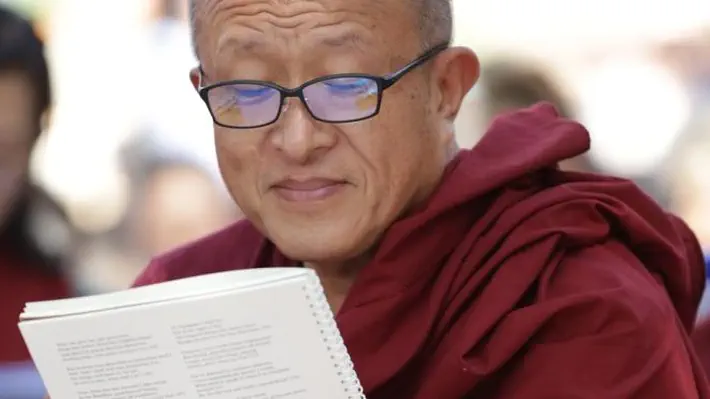 tzal.org
tzal.orgBooks recommended by Dzongsar Khyentse Rinpoche
Some books Dzongsar Khyentse Rinpoche recommended in his teachings or in his social network activity.
